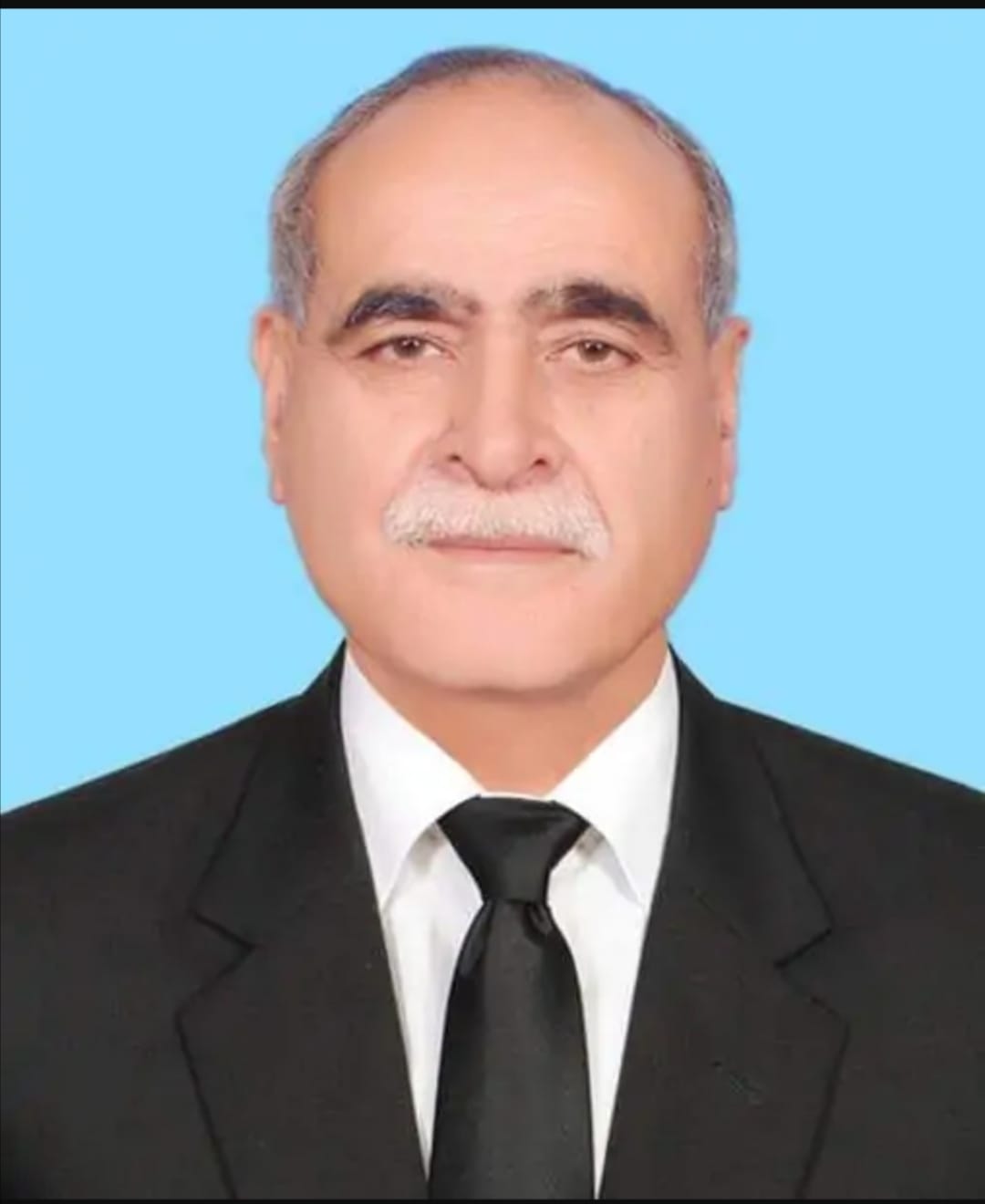Emergence of Pakistan:Testimony of Two- Nation Truth
Under the dynamic and determined leadership of Quaid-e-Azam Muhammad Ali Jinnah, the creation of Pakistan was nothing short of a miracle. It was the first state in the world to be founded on the basis of the Two-Nation Theory — a political philosophy which held that the Muslims and Hindus of the subcontinent were two distinct nations, with their own religions, cultures, and destinies. Pakistan did not emerge through adventurism or military conquest, but as the outcome of a constitutional, political, and democratic struggle, marked by mass movements, constitutional negotiations, and the unwavering determination of a leader who never compromised on the principles of justice and equality.
Yet, barely had this dream taken shape when challenges arose. India refused to accept Pakistan’s existence wholeheartedly and sought to undermine it at every turn — withholding financial assets, creating territorial disputes, and even using military force in the early days of independence.
Quaid-e-Azam’s ill health and untimely demise deprived the country of his guiding hand, and as the saying goes, “the cup of life had scarcely been filled before it spilled from the hand of the cupbearer.” Within the first quarter century, Pakistan began to drift away from the goals for which it was created. The tragedy of 1971, in which the country’s eastern wing was severed, was a painful culmination of external conspiracies, internal weaknesses, and leadership crises. It was a turning point that underscored the stark reality — without unity, vision, and self-reliance, survival in a hostile region would be precarious.
Nuclear Pakistan — The Ultimate Deterrent
The painful lessons of the past ignited a determination to safeguard the country’s sovereignty through absolute deterrence. India’s nuclear tests in 1974 pushed Pakistan to take decisive steps. Under Zulfikar Ali Bhutto, the nuclear programme’s foundations were laid, and in 1998, under Prime Minister Nawaz Sharif’s leadership, Pakistan joined the exclusive club of nuclear powers. The historic nuclear tests on May 28, 1998, in Chagai were not merely a technological breakthrough but a clear political message — Pakistan’s security and independence were non-negotiable. This achievement fundamentally altered the regional balance of power, ensuring that no aggressor could threaten Pakistan’s existence without facing catastrophic consequences.
Battle of Truth & Operation Bunyān al-Marsūs — A Decisive Response
Even after attaining nuclear status, hostile designs did not cease. India persisted through conventional warfare, border violations, and a proxy war of terrorism. Pakistan, however, responded resolutely each time. The recent Battle of Truth and Operation Bunyān al-Marsūs stand as living proof of the skill, courage, and professionalism of the Pakistan Armed Forces. These were not just military victories; they were precise and decisive operations that dismantled enemy networks, restored stability in volatile regions, and demonstrated that Pakistan’s defensive shield extends beyond borders when necessary.
Global Standing and Military Diplomacy
Such successes enhanced Pakistan’s stature globally. The historic meeting between Field Marshal Syed Asim Munir and the U.S. President, the deepening of strategic ties with China, and renewed engagements with Middle Eastern partners have reinforced the perception that Pakistan is not only a regional player but an influential global power. The country’s proactive role in promoting regional peace, countering terrorism, and safeguarding sea lanes has been recognized by major powers and international organizations alike.
Pakistan 2025 — A New Chapter of Progress
By 2025, Pakistan has made notable strides not only in defence but also in economic, diplomatic, and developmental arenas. Sound economic policies, coupled with political-military harmony, have stabilized the economy, strengthened foreign exchange reserves, and improved the value of the rupee. Industrial and agricultural output has risen, and global financial institutions have acknowledged Pakistan’s economic direction. Inflationary pressures have eased, employment opportunities have expanded, and social development indicators are on an upward trajectory.
New investment opportunities have expanded Pakistan’s role as an economic hub in the region. Active diplomacy has further strengthened ties with friendly nations, paving the way for significant economic and defence agreements. Finance Minister and Foreign Minister Ishaq Dar’s energetic diplomacy has positioned Pakistan as a credible, serious, and influential state in the eyes of the international community — an emerging economic power as well as a responsible nuclear state. Pakistan’s successful mediation in regional disputes and its role in humanitarian assistance during global crises have further strengthened its image as a constructive global player.
Kashmir — The Flashpoint of Global Politics
India’s failures are not confined to the battlefield. The hearts of the Kashmiri people continue to beat in sync with Pakistan. Despite decades of occupation and oppression, the spirit of resistance in Indian-occupied Jammu and Kashmir remains unbroken. Pakistan’s unwavering diplomatic, moral, and political support has kept the Kashmir issue alive on the world stage. International human rights organizations and several global leaders have acknowledged the region as a potential flashpoint for nuclear conflict, underlining the urgency of a just resolution in accordance with the aspirations of the Kashmiri people and UN resolutions.
Leadership, Unity, and National Stability
These triumphs are the result of both visionary political leadership and bold military strategy. Credit, without doubt, goes to the Pakistan Muslim League-Nawaz (PML-N), which made Pakistan a nuclear power, equipped it with missile technology, and modernized its armed forces. Prime Minister Nawaz Sharif’s vision and historic decisions on May 28, 1998, etched Pakistan’s name into history as the seventh nuclear power, ensuring a permanent deterrent against aggression.
Today, Prime Minister Shehbaz Sharif’s pragmatic leadership, in sync with Field Marshal Syed Asim Munir’s coherent military strategy, has enabled Pakistan to defeat terrorism, restore law and order, and set the economy back on track. PML-N’s governance record in overcoming crippling energy shortages and ending load-shedding stands as a testament to its delivery-oriented approach. Together, political resolve and military professionalism have built a foundation of stability that allows Pakistan to look to the future with confidence.
The resounding success of the Battle of Truth and Operation Bunyān al-Marsūs proves that when political vision and military strategy are united, Pakistan not only thwarts its enemies but rises with honour among the comity of nations. This harmony is the true safeguard of our freedom and the foundation of enduring national stability — a lesson from history, and a promise for the future.



